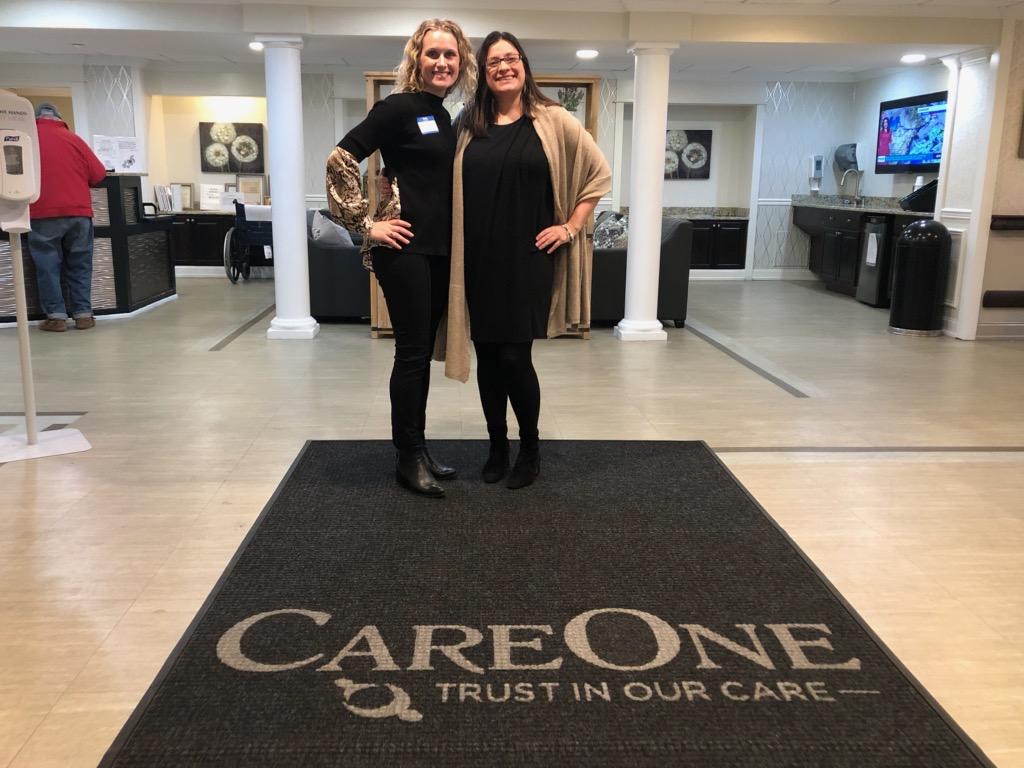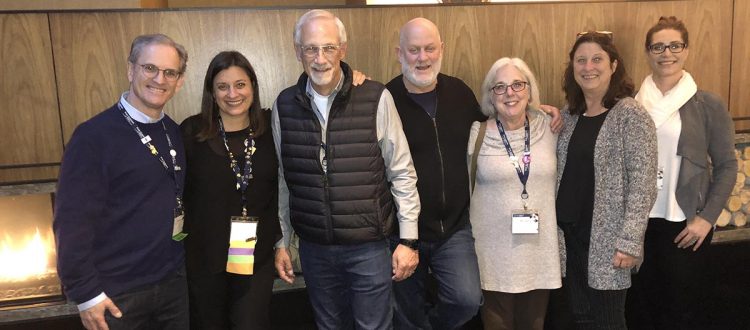Separated? Divorced? With children? When getting together, or marrying, and having children, most couples never imagined coming apart. Yet it happens. Situations occur, feelings change and separation or divorce becomes a reality. Whether you, or he or she, wanted not to live with each other, you had to decide how to share your children. Being without your children, at times, having different parenting styles, feeling strongly, one way or another, about each other are just some of the mountains to climb to ensure your children’s physical and emotional well-being. It’s not easy and, for some, monumentally difficult. A comprehensive Parenting Plan, followed by both parents, makes life more predictable and stable for all.
Enter a pandemic. How does life change? No school, no friends, no movies, teams, and many other no’s. Is one parent at home now, without a job? Does the other parent have a strategic job they can’t leave at this time? Is a stepparent the only one at home during work hours? Do both parents agree on observing stringent safety precautions and how to cope with limitations on lifestyle? Are there parental or child health issues that need to be addressed? These are just some issues that can provoke a reasonable co-parenting situation, not to mention those who are still struggling.
Please read:
Health first
Stay informed and be sure your children are following reliable CDC local and state guidelines for hand washing. Model that behavior, wipe down surfaces frequently touched and practice social distancing.
Be Available and clear
Calmly explain the situation, in an age appropriate manner, to each of your
children, but protect them from media coverage. Be open to answering their questions truthfully, at their level. Help with a discussion and some explanation or possible solutions to their concerns.
Respect
Follow court orders as much as possible. Don’t be emotional when communicating with the other parent. Keep it to ‘business’ when you have differences. Consider their thoughts and feelings.
Be Forthcoming
Share honestly with each other, what you have and have not been doing relating to this situation. Protecting your children from exposure needs to be primary. Listening and understanding of the other parent is also a gift to your child.
5. Work hard
Be diligent in working together for the safety of your children. Make reasonable accommodations to keep stability but be flexible, always putting your children’s needs for physical safety and emotional comfort first. These unusual times will be imprinted in their memories. You have the power to affect some of those memories. When older, your child will note and appreciate your cooperative co-parenting, even in difficult times. They love you both…support that.
6. Play fair
Try to note and understand what this predicament means to your co-parent.
Are they out of work and need to pay child support? Are you the recipient of that? If so, can you endure or offer some ‘wiggle’ room to the other parent?
If you are financially better off, can you be generous, ad settle things later?
If will affect your child.
Doing what’s right for your children will engender more calm in yourself. Being an effective and protective parent is of the highest order. Be there and be proud!
Sharonklempner.com
By: Sharon Klempner, MSW, LCSW, BCD



